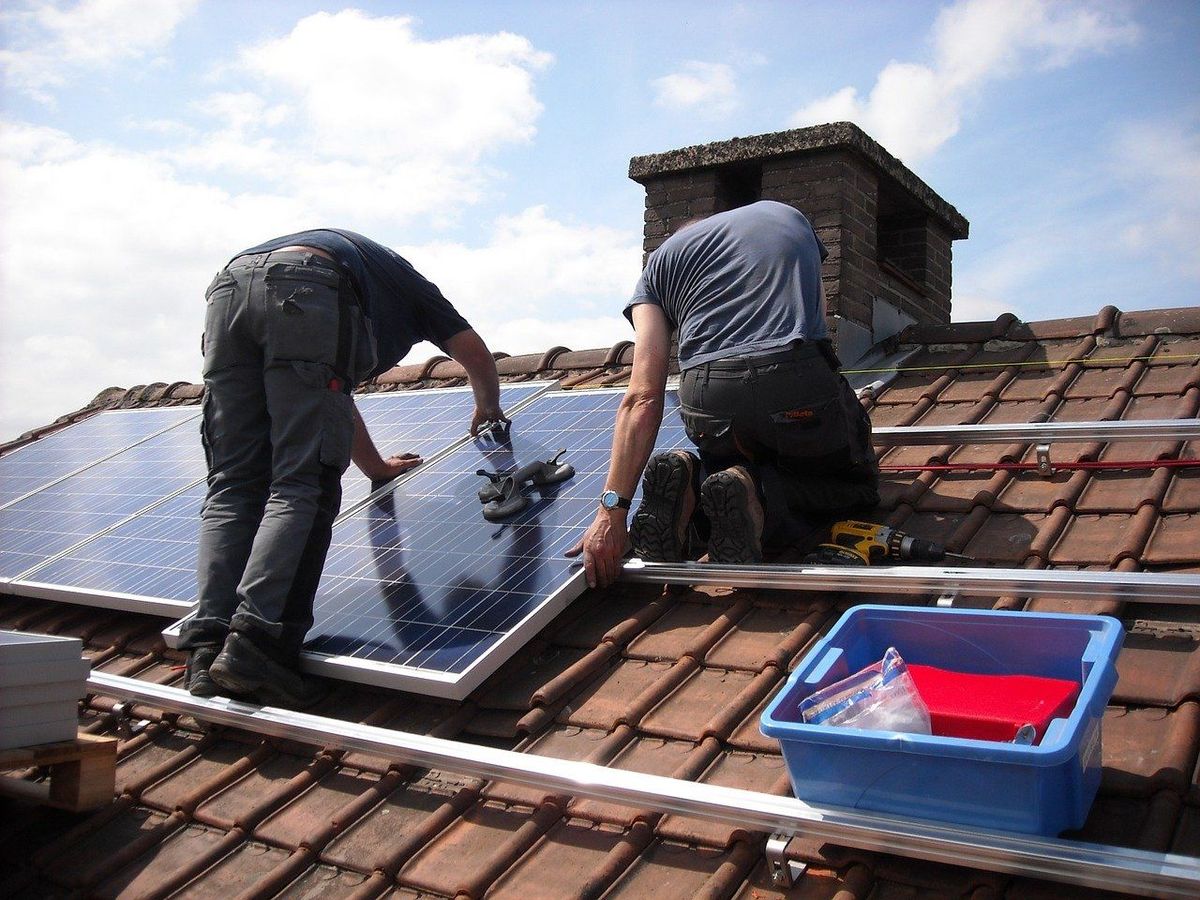Big Utilities Blackball Solar Power

Many homeowners assume that, any day now, they’ll be able to put some solar panels on their roof, thereby saving money and helping reduce the strain on the nation’s electric utility grid.
But the reality is a bit different. In state after state, consumers find that a few solar panels won’t be enough to free them from the grip of the politically powerful utility companies. And now, a research report finds that utilities across the country have a concerted, organized strategy to keep their hands in comsumers’ checkbooks.
“Rooftop solar power has changed America’s energy landscape, giving people the ability to transform their homes to be clean energy producers instead of dirty energy consumers,” said Susan Rakov, chair of Environment America Research & Policy Center’s Clean Energy program. “But instead of embracing this success story, utilities and other special interests are getting together to undermine rooftop solar by making it more expensive — just as it is proving its importance to America’s clean energy future.”
Rakov’s group and the PIRG Education Fund today released a report that spells out how utilities and other special interests are working to stall the growth of rooftop solar.
In particular, the report says, utilities are maneuvering to end or drastically alter the popular policy of “net metering,” which ensures that solar panel owners in 40 states and Washington D.C. receive fair compensation for the clean energy they supply to the electric grid.
Besides trying to eliminate net metering, the special interests are also working to impose fixed charges on solar owners, slapping them with a set charge each month even though they use little or no electricity from the grid.
Astro turf groups fight solar
Like most industry-led public policy battles, this one is taking place mostly in secret, with lobbyists and “astro turf” groups like the Consumer Energy Alliance putting pressure on lawmakers and regulators to support anti-solar legislation and regulations.
The report, Blocking Rooftop Solar, pulls back the curtain on the strategies promoted by pro-fossil fuel lobbying groups and adopted by many utilities. These groups are campaigning to stop the growth of rooftop solar in Ohio, Florida, Illinois, California, Kansas, South Carolina and at the Federal Energy Regulatory Commission (FERC).
“Rooftop solar is cheaper, more efficient and within the reach of more American households than ever before,” said Matt Casale, Environment Campaigns director with PIRG Education Fund. “It is also key to preserving a healthy and safe future for ourselves, our children and our grandchildren.
“Americans deserve to reap the benefits of this clean renewable technology, but until we pull the curtain back on efforts to undermine it and create a clear path for its success, communities will not get what they want — and deserve,” Casale said.
California solar battle rages
The battle for the future of rooftop solar is at particularly high pitch in California. Pacific Gas and Electric (PG&E), Southern California Edison (SoCal Edison) and San Diego Gas & Electric (SDG&E) are using the playbook described in the report to push for drastic changes to net metering in California.
Earlier this year, PG&E, SoCal Edison and SDG&E moved to create the nation’s highest fixed charges for solar customers while simultaneously slashing the net metering payments that solar customers receive.
California homeowners, who bask in more sunshine than most, are increasingly aware that the state’s increasingly unreliable and dangerous power grid could be largely replaced by rooftop solar.
“I live in a county at the very end of Pacific Gas & Electric and Southern California Edison lines, with little room for utility-scale projects. We rely on power lines through remote wildlands that are vulnerable to fires and floods, both of which we’ve had,” said Katie Davis of Goleta in a recent letter to the Los Angeles Times.
“We need more rooftop solar and storage to survive climate change. I’m alarmed by the recent moves by private utilities to devalue rooftop solar,” Davis said.
The California Public Utilities Commission is expected to make a decision on the future of the state’s net metering program by the end of 2021. The situation varies widely in other states. In many, the issue is barely on the public agenda.
